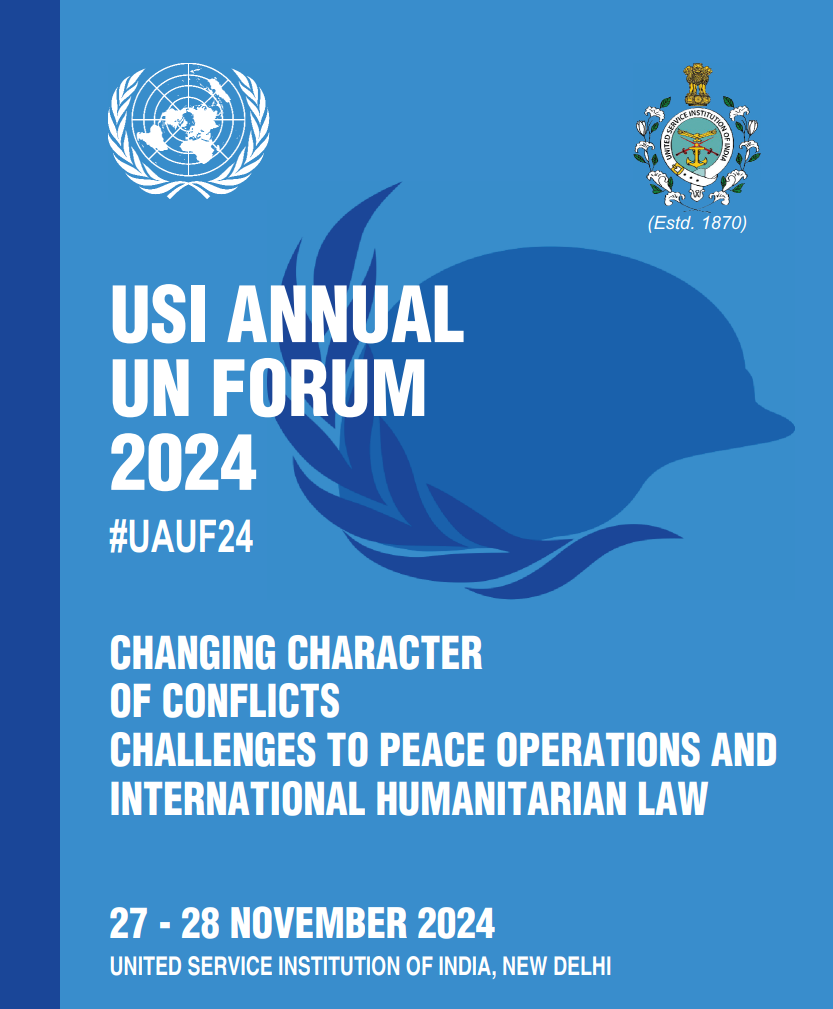On the road to Berlin: RESDAL helps amplify global
south voices in the Peacekeeping Debate

In the
lead-up to the 80th anniversary of the United Nations and the 10th anniversary
of the Peacekeeping Leaders' Summit, the 2025 United Nations Peacekeeping
Ministerial Conference in Berlin will be the latest in a series of high-level
meetings convened at the level of Heads of State, Government, or Ministers.
Taking
place on 13–14 May 2025, the Ministerial Meeting will serve as a political
forum to discuss the future of UN peacekeeping and to demonstrate Member
States’ political support. It will also offer a platform for announcing
concrete pledges to address capability gaps and to adapt peace operations to
better meet existing challenges and new realities, in line with the Commitment Guidance. The Ministerial
will contribute to enhancing the safety and security of peacekeepers and the
overall effectiveness of missions, encouraging Member States to build
partnerships, particularly in training and capacity development.
In
this context, RESDAL contributes to the dissemination of the monograph "Changing Character of Conflicts: Challenges to
Peace Operations and International Humanitarian Law"
, edited in India by Pradeep
Goswami, AK Bardalai, and KK Sharma. This publication, a valuable contribution
from the Global South, offers critical analyses of the evolving nature of
conflicts—marked by the increasing role of non-state actors, the impact of new
technologies, environmental pressures, and the erosion of the principles of
International Humanitarian Law. By supporting the circulation of this work,
RESDAL seeks to foster informed debate and strengthen collective reflections
ahead of the discussions in Berlin.
Additionally,
RESDAL highlights the Special Edition of the United Service Institution of
India Journal (January–March 2025), focused entirely on "UN Peacekeeping
in a Changing World." This edition brings together leading voices from India and beyond,
addressing key challenges faced by UN peace operations today. It examines
evolving conflict dynamics, the role of women in peacekeeping, the protection
of civilians, multilateral cooperation, and lessons from field missions. By
showcasing this comprehensive and critical analysis, RESDAL aims to amplify
Global South perspectives that are essential for shaping more inclusive and
effective peacekeeping policies in the years to come.



